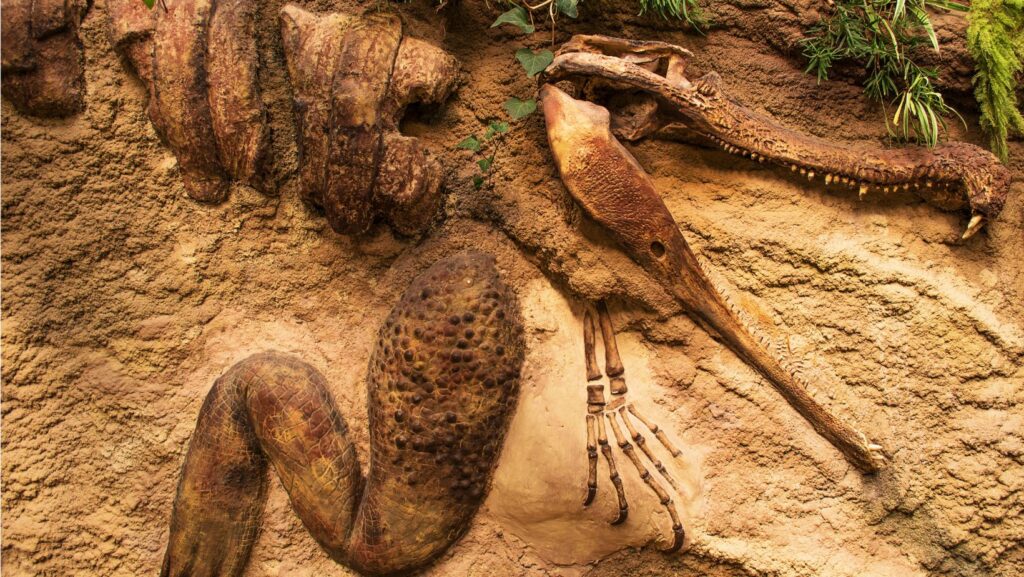How do geologists determine the age of rocks?

Introduction
As Earth’s oldest inhabitants, rocks provide valuable insights into our planet’s history. But how do geologists determine their age? In this article, we’ll explore the principles of radiometric dating and other methods used by geologists to unlock the secrets of the Earth’s past.
The Principles of Radiometric Dating
At the heart of geologists’ ability to determine the age of rocks is the principle of radiometric dating. Radiometric dating relies on the fact that certain elements, such as uranium and carbon, decay at a predictable rate over time. By measuring the amount of these elements and their decay products in a rock sample, scientists can determine how long ago it was formed.
The Three Types of Radiometric Dating
There are three main types of radiometric dating: uranium-lead dating, potassium-argon dating, and rubidium-strontium dating. Each of these methods is based on the decay of a different element and has a different range of ages that it can accurately measure.
Uranium-lead dating is one of the most widely used methods of radiometric dating. It is based on the decay of uranium-238 to lead-206 and has a range of accuracy from a few million to billions of years.
Potassium-argon dating is based on the decay of potassium-40 to argon-40 and is particularly useful for dating rocks that are millions of years old.
Rubidium-strontium dating is based on the decay of rubidium-87 to strontium-87 and is commonly used to date rocks that are billions of years old.
Other Methods of Dating Rocks
In addition to radiometric dating, geologists use a variety of other methods to determine the age of rocks. One such method is the study of the fossils found in sedimentary rocks. By comparing the types of fossils found in different layers of rock, scientists can determine the relative age of those layers.

Conclusion
In conclusion, geologists use a variety of methods to determine the age of rocks, from radiometric dating to the study of fossils and tree rings. These methods allow scientists to unlock the secrets of the Earth’s past and gain a better understanding of how our planet has evolved over time.
